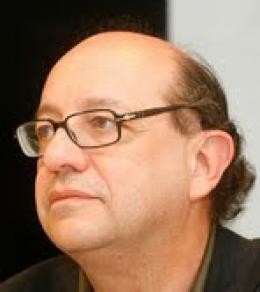
By Josep Roig. Secretary General of United Cities and Local Governments (UCLG)
1913: In the summer of 1913, in Death Valley, temperatures of over 52°C were recorded over 10 consecutive days and on the 10th of July it reached 57°C, the highest temperature ever recorded. On the 27 of July 1913 in Ghent (Belgium) the Union Internationale des Villes (UIV) was created.
2013: In the summer of 2013, for the first time in one hundred years, the 1913 record in Death Valley was equalled, with ten days recorded as reaching temperatures of 52°C. On the 1 of October 2013 in Rabat, the UCLG Congress will commemorate the centenary of the international municipal movement.
Between the two hottest summers of the last one hundred years, the life of the international municipal movement has unfolded.
100 years later, we are now going to embark on, we are going to begin an intense period of debate and reflection, of thought and action, to define the sustainable development agenda for the future of 9,000 million people, 70 % of whom live urban areas and 30% in rural areas.
My participation in this movement has been somewhat shorter. I was born in 1950, the same year that Emile Vinck, first Secretary General of UIV (Union Internationale des Villes) died, and it is an honour for me, one hundred years on from the creation of the movement, to hold the position of Secretary General of UCLG, inheritor of UIV.
We are looking for the pioneers of the new millennium to define the life project for the entire planet, for 6,000 million people living in urban areas and for 3,000 million in rural areas.
Let us bring together the thousands of local governments from all over the planet to define an agenda centred on citizens and let the citizens themselves decide upon a global agenda that gives each and every citizen an opportunity, whether they be urban or rural, to live a dignified life and build their own life projects in harmony with nature and the limitations of our planet. Let us increase wellbeing for more people while also reducing consumption of resources.
Vinck and the other pioneers of the municipal movement witnessed the turbulent year that began in 1914. They were wholly in favour of peace. And this is, sadly, a task that we have never been able to remove from our activity. In any war or catastrophe, in any country, the most affected are always the citizens and the towns and cities. However cities learn to become anti-fragile. They work their way out of the chaos and the barbarity to become stronger than before, rebuilding their towns and cities for a new period of peace and progress.
We do not know what awaits us in 2014, however this summer, in 2013, the temperature has risen in many regions of the planet. We hope that it will get better, without first having to get worse.
To read the full document please click here.










